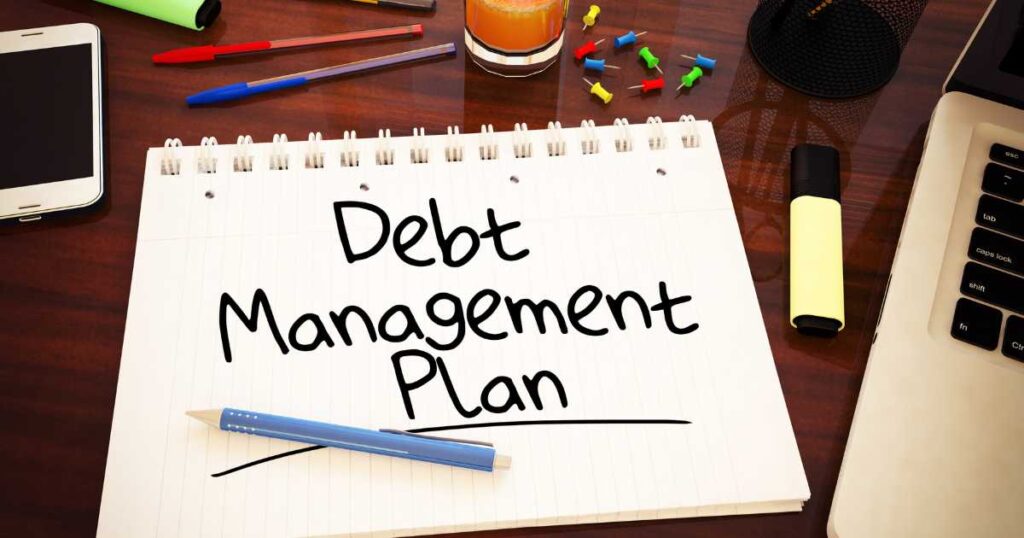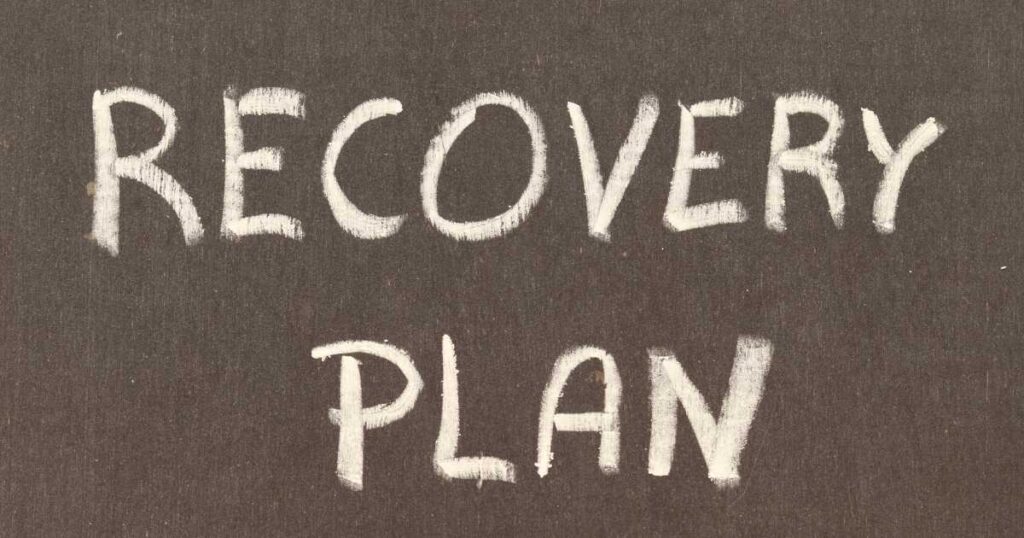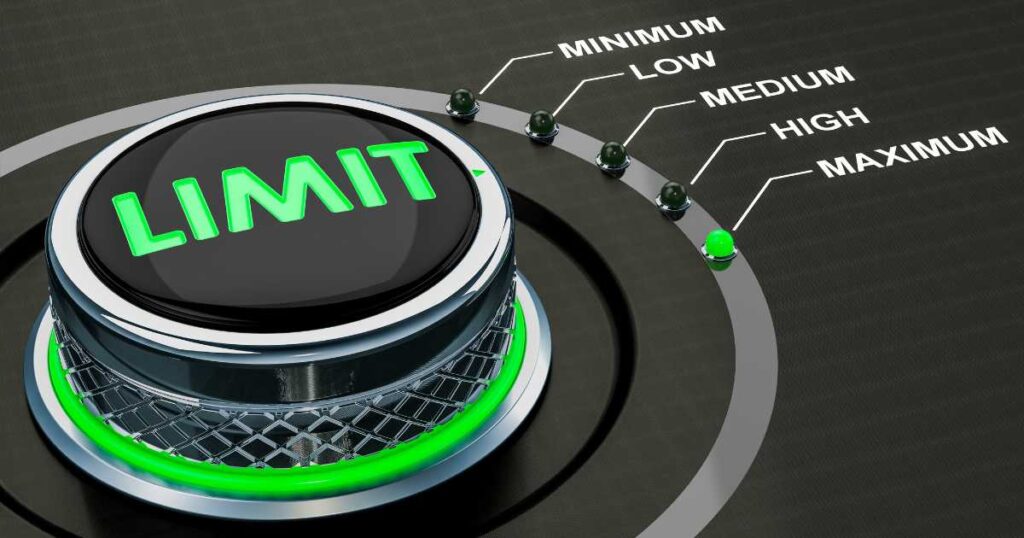
Casino gambling can be a source of entertainment and excitement for many people. However, it’s important to acknowledge that losses are an inherent part of the experience. Losing money at the casino can be disheartening and even distressing. But fear not! In this guide, we’ll walk you through the process of creating a casino financial loss recovery plan with the assistance of extreme gaming 88. This plan can help you regain control, recover lost money, learn from your losses, and approach gambling with a responsible mindset.
In the world of casino gambling, it’s essential to confront a fundamental reality: losses are an integral part of the experience. Whether you’re spinning the reels of a slot machine, betting on a blackjack hand, or participating in a poker tournament, losses are an expected outcome. In this discussion, we’ll delve into the emotional impact of casino financial loss and how to turn them into valuable learning opportunities.
Casino financial loss are not solely about the financial aspect; they carry a substantial emotional weight. Here are some common emotions that players may experience in the wake of losses:
Frustration:
Losing streaks can be frustrating, leading to a sense of helplessness and anger.
Disappointment:
When expectations are high and losses occur, disappointment can set in, affecting one’s mood and outlook.
Guilt:
Some players may feel guilty about their losses, especially if they’ve overspent or neglected other responsibilities.
Desperation:
In the heat of losses, some individuals might make impulsive decisions in an attempt to recoup their losses, which can lead to further financial setbacks.
Anxiety and Stress:
Casino Financial loss at the casino can trigger anxiety and stress, especially if they result in financial strain.
It’s crucial to recognize and address these emotions constructively. Avoiding or suppressing them can lead to unhealthy gambling habits and a negative impact on mental well-being.
The key to dealing with casino financial loss is to view them as valuable learning experiences. Here’s how losses can serve as a platform for growth and improvement:
Casino financial loss are an inherent part of casino gambling, and they can elicit a range of emotions. It’s crucial to acknowledge and address these emotions constructively.

A recovery plan is your lifeline in the world of gambling and an essential component of responsible gambling. It ensures that you approach casino gaming with a clear strategy and a commitment to staying within your limits.
One of the primary functions of a recovery plan is to prevent further financial setbacks. In the wake of casino financial loss, it’s not uncommon for players to attempt to recoup their losses impulsively. This can lead to a vicious cycle of increased wagers, mounting losses, and financial distress. A recovery plan helps you set limits on your gambling activities, ensuring that you don’t chase losses or wager more than you can afford. By establishing a budget and adhering to it, you protect your financial stability and prevent the exacerbation of financial woes.
Casino financial loss can take a toll on one’s emotional well-being, leading to frustration, disappointment, and stress. A recovery plan includes strategies for managing these emotions constructively. It encourages self-awareness and emotional control, enabling you to cope with losses in a healthy manner. By acknowledging and addressing your emotional responses to losses, you safeguard your mental health and maintain a positive outlook on gambling.
Losses can shake a player’s confidence and sense of control over their gambling activities. A recovery plan acts as a roadmap for regaining that confidence and control after losing money gambling again. It includes techniques for evaluating your gameplay, learning from losses, and making informed decisions. This process fosters a sense of empowerment, allowing you to approach future gaming sessions with renewed self-assurance.
A recovery plan is an integral component of responsible gambling advocacy. It signifies your commitment to approaching casino gaming with clear intentions and a well-defined strategy. By publicly acknowledging your adherence to responsible online gambling principles, you contribute to promoting responsible gambling within the casino community.
An effective recovery plan encourages self-awareness and accountability. It prompts you to reflect on your gambling habits, identify areas for improvement, and take ownership of your decisions. By holding yourself accountable for your actions and choices, you become a more responsible and mindful gambler.
By implementing and adhering to a recovery plan, you not only protect yourself from the pitfalls of reckless gambling but also contribute to fostering a culture of responsible gaming within the broader casino community. It’s a valuable tool that ensures that your casino experiences are both enjoyable and sustainable.
The Power of Self-Reflection Before creating your recovery plan, take a moment to reflect on your gambling habits. Ask yourself questions like:
Self-awareness is the cornerstone of responsible gambling. Understanding your habits and recognizing areas that need improvement are crucial steps in the recovery process.

Before you even step foot inside a casino or log into an online gaming platform, it’s crucial to assess your casino financial loss situation. Determine how much disposable income you can comfortably allocate to gambling without affecting your basic needs, financial obligations, or long-term savings. This amount becomes your gambling budget.
Your financial limit acts as a protective barrier for your financial stability. It ensures that even in the event of losses, your essential financial responsibilities remain unaffected. Knowing that you won’t risk your financial well-being by losing out allows you to approach casino gaming with peace of mind.
By sticking to your predetermined gambling budget, you avoid the perilous path of gambling money and chasing losses. Chasing losses is a common mistake that can lead to deeper financial troubles. Financial limits serve as a restraint against this behavior, promoting responsible gaming.
In addition to defining your financial limits, establish emotional boundaries. Decide in advance how you will react to losses. Will you remain composed and rational, or will you succumb to frustration and impulsivity? By determining your emotional response to losses beforehand, you can prevent impulsive decisions that may lead to further losses.
Emotional boundaries are essential for safeguarding your mental well-being. Casino financial loss can be emotionally challenging, and setting limits on how you respond ensures that you don’t spiral into stress, anxiety, or despair. It promotes a healthier relationship with gambling.
Ultimately, emotional limits contribute to the enjoyment of casino gaming. When you approach losses with a predetermined and constructive emotional response to stop gambling yourself, it prevents gambling from becoming a source of emotional turmoil and instead keeps it an entertaining pastime.
By setting and respecting these boundaries, you can maximize the pleasure derived from casino gaming while minimizing the risks associated with reckless play.
Tailoring Your Budget
Develop a recovery budget that aligns with your financial situation and aims to mitigate casino financial loss. This budget should clearly outline how much you’re willing to allocate for gambling while still covering essential expenses.
Stick to Your Budget
Creating a budget is one thing; sticking to it is another. Discipline is key to preventing casino financial loss. Avoid exceeding your budget, even if you experience casino financial loss.
Losses can trigger strong emotions. Learn strategies to manage these emotions, such as taking breaks, deep breathing, or engaging in other calming activities. Be kind to yourself. Understand that losses are a part of the game, and they don’t define your worth. Cultivate resilience to bounce back from setbacks.
Chasing losses is a dangerous behavior where players attempt to recover lost money in a casino, by increasing their bets. This often leads to more significant casino financial loss. Recognize the temptation to chase losses and resist it. Stick to your predetermined limits and recovery budget.
Putting Your Plan into Action It’s not enough to create a plan; you must also implement it. Take practical steps, such as:
Consistency is crucial in following your recovery plan. Stay committed to your limits and strategies.
Gaining Insights Each loss can provide valuable insights into your gambling behavior. Take the time to analyze past experiences to lose money and learn from them.
Smarter Gambling Decisions Learning from losses can lead gamblers to more informed and strategic gambling decisions in the future.
The Value of Support Don’t hesitate to seek support from friends, family, or support groups specializing in gambling issues.
Professional Assistance If you believe your gambling has escalated to a problematic level, consider seeking professional help from counselors or therapists trained in gambling addiction.
Creating a casino financial loss recovery plan is a proactive and responsible approach to gambling. It helps you navigate the ups and downs of casino gaming while minimizing the risk of significant casino financial loss and emotional distress. Remember that responsible gambling is about enjoying the experience while staying in control. Your recovery plan is your compass on this journey.
Q1: Can anyone develop a gambling problem?
A1: Yes, gambling problems can affect anyone, regardless of age or background. It’s essential to recognize the signs and seek help if needed.
Q2: Is setting a budget really effective in preventing losses?
A2: Yes, setting a budget is a practical way to limit losses. It helps you control your spending and make informed decisions.
Q3: What should I do if I’ve been using money to chase losses?
A3: Recognize this behavior and take a break. Avoid increasing your bets to recover losses. Seek support if you find it challenging to stop.
Q4: How can I access self-exclusion programs at casinos?
A4: Contact the casino’s responsible gambling department or visit their website to learn about self-exclusion options.
Q5: Can emotional reactions lead to more losses in a serious casino game?
A5: Yes, emotional reactions like frustration or anger can lead to impulsive decisions and more significant losses. Staying calm and composed is essential.
Q6: What’s the difference between responsible gambling and problem gambling?
A6: Responsible gambling involves setting limits and making informed decisions. Problem gambling is when gambling negatively impacts your life and well-being.
Q7: How can I find professional help for gambling addiction?
A7: Reach out to mental health professionals, addiction counselors, or support groups specializing in gambling addiction.
Q8: Is it possible to recover from gambling losses?
A8: While losses cannot be reversed, you can learn from them and develop healthier gambling habits to prevent future losses.
Q9: Are there any resources for self-assessment and responsible gambling tools?
A9: Many responsible, gambling apps, websites and organizations offer self-assessment tests and tools to help individuals monitor their gambling habits.
Q10: Can responsible gambling improve my overall casino experience?
A10: Absolutely. Responsible gambling ensures that you enjoy casino entertainment while minimizing the risk of casino financial loss and negative consequences.